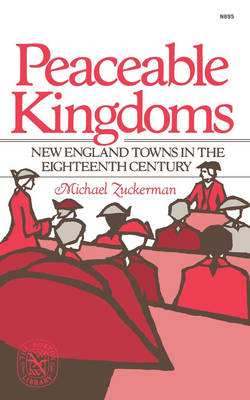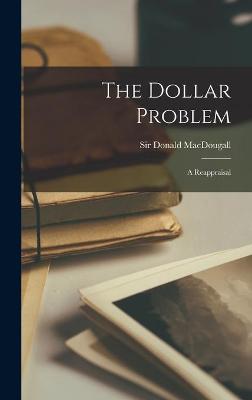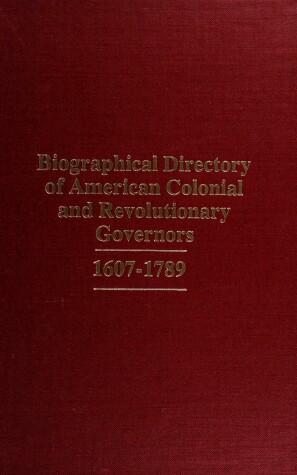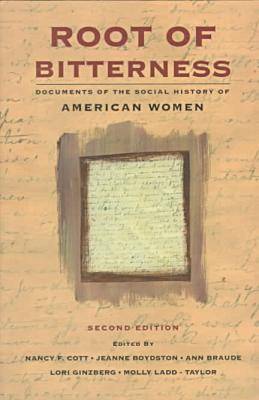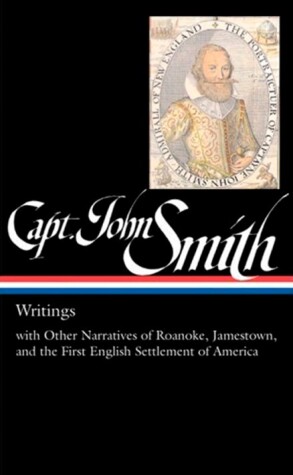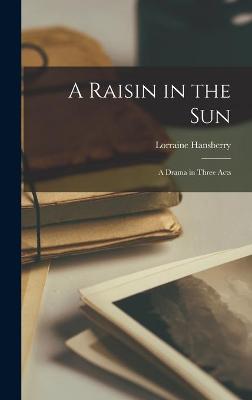What lights the spark that ignites a revolution? Lost in the story of America's path to independence is the tumultuous nature of that nation's origins: the interplay of ideologies and personalities that provoked a group of merchants, farmers, artisans, and sailors to take up arms in pursuit of liberty ...A city of 15,000 inhabitants packed onto a land-connected island a little over one square mile, Boston in 1775 was also - following a series of incendiary incidents by patriotic citizens and tro...
Documentary History of the Negro People in the United States (From the Colonial Times Through the Civil War, #1)
by Herbert Aptheker
Virginia Tax Payers 1782 - 1787; Other Than Those Published by the United States Census Bureau
In this book, Sharada Balachandran Orihuela examines property ownership and its connections to citizenship, race and slavery, and piracy as seen through the lens of eighteenth- and nineteenth-century American literature. Balachandran Orihuela defines piracy expansively, from the familiar concept of nautical pirates and robbery in international waters to post-revolutionary counterfeiting, transnational slave escape, and the illegal trade of cotton across the Americas during the Civil War. Weaving...
A History of Travel in America, Showing the Development of Travel and Transportation From the Crude Methods of the Canoe and the Dog-sled to the Highly Organized Railway Systems of the Present, Together With a Narrative of the Human Experiences And...; 2
by Seymour 1866-1947 Dunbar
Earliest Laws of the Original Thirteen States Ser.
In this provocative analysis of the New England town before the Revolution, and of its enduring impact on the American character, Michael Zuckerman makes a major contribution toward a reinterpretation of the nature of American society and the origins of the non-liberal tradition in America. Arguing that the true concern of these towns was not the individual rights or liberties of the citizen, but rather the homogeneity and tranquility of the community, Mr. Zuckerman opens a new perspective on th...
Biographical Directory of American Colonial and Revolutionary Governors, 1607-1789
by John Raimo
Root of Bitterness
Presenting a diverse collection of documents, Root of Bitterness reaches from the colonial era through the nineteenth century, focusing on six dominant themes: women's work, the power of gender, the physical body, women's collective efforts, diversity and conflict among women, and women's relation to state authority. This edition contains about twenty selections from the original volume and almost sixty new ones.
When it comes to the Founding Fathers, Thomas Jefferson, Benjamin Franklin, and Alexander Hamilton are generally considered the great minds of early America. George Washington, instead, is toasted with accolades regarding his solid common sense and strength in battle. Indeed, John Adams once snobbishly dismissed him as "too illiterate, unlearned, unread for his station and reputation." Yet Adams, as well as the majority of the men who knew Washington in his life, were unaware of his singular dev...
One of the truly legendary figures of American history, the soldier, explorer, and colonist Captain John Smith was a vivid and prolific chronicler of the beginnings of English settlement in the New World. This Library of America volume brings together seven of his works, along with sixteeen additional narratives by other writers, that recount firsthand the tragic, harrowing, and dramatic events of the settlement of Roanoke and Jamestown. A founder of Jamestown in 1607, Smith exhibited the coura...
Creatures of Empire
by Associate Professor of History Virginia DeJohn Anderson
Tracing the first three generations in Puritan New England, this book explores changes in language, gender expectations, and religious identities for men and women. The book argues that laypeople shaped gender conventions by challenging the ideas of ministers and rectifying more traditional ideas of masculinity and femininity. Although Puritan's emphasis on spiritual equality had the opportunity to radically alter gender roles, in daily practice laymen censured men and women differently - punish...
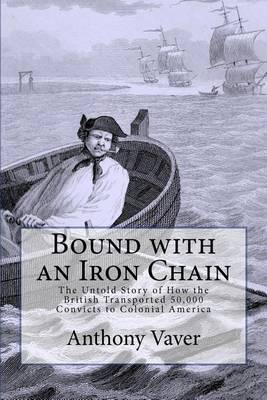


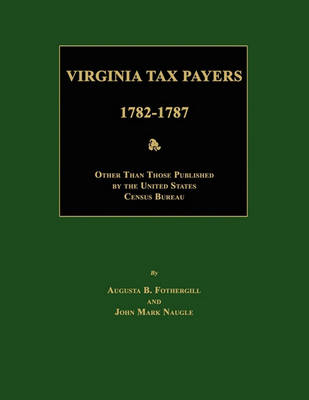

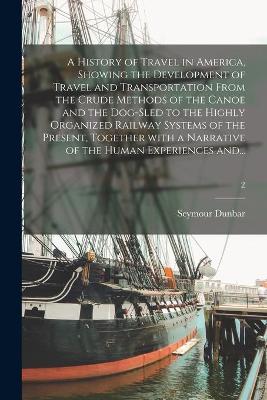

![Cover of The American Jewish Times Outlook [serial]; 1978-1979](https://images.bookhype.com/covers/76/8b/94c7ae01-6c4d-4539-aed2-85c7aa5eb867/9781013315879-1cc890f985ba51e291e260.jpg)
